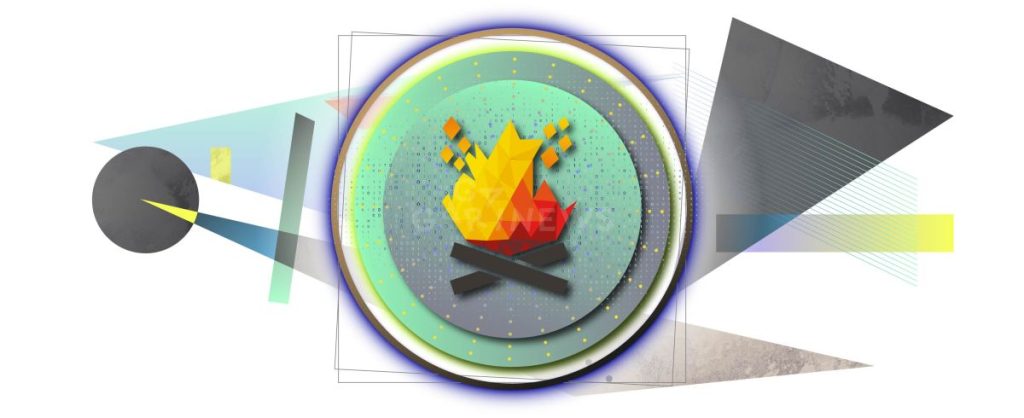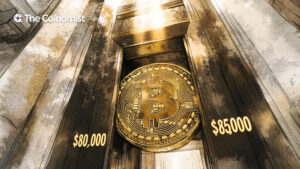What is a Bonfire Token?

Bonfire is a token launched through the Binance Smart Chain blockchain in 2021. It is a community owned token which will give holders passive income for holding the Bonfire Token.
The asset has a speculative tokenomic model, as every transaction made with Bonfire Token has a 10% fee: 5% is distributed among all holders and another 5% is distributed to the Bonfire Token Liquidity Pool to provide additional security for token holders.
The max total supply is one quadrillion Bonfire tokens (1000 trillion). Approximately 41.57% of the tokens were burned and are out of circulation. The two largest holders are the burn wallet address, as well as the wallet of the PancakeSwap exchange where Bonfire is traded. The next largest holder is a private wallet address, which holds 4.7% of the tokens.
Project’s website says that in the future Bonfire should be used to secure its wrapped tokens in the virtual world of the same name. BonCash is the official wrapped Bonfire Token. It will be the main accepted currency in the Bonfire World economy and will get many usecases.
At this stage, the project does not offer anything else except a service called the Bonfire Name NFT, which is the ownership of your Web3 identity in the Bonfire World. Therefore, the utility of the token remains uncertain.
Bonfire provides nothing substantially new and relevant. It resembles one of those useless assets that flooded the crypto market. The 10% transaction fee, which is redistributed between the holders, has already been applied by many dubious projects.
The description of Bonfire as a secure and profitable token can be applied to many other cryptocurrencies. However, a number of attracted investors believed the token could become the next SHIBA.
However, since its launch, the token has crashed to new lows, and the maximum price was $0.000045. Considering all the above, there are no high returns to be expected from investing in such an asset.
The content on The Coinomist is for informational purposes only and should not be interpreted as financial advice. While we strive to provide accurate and up-to-date information, we do not guarantee the accuracy, completeness, or reliability of any content. Neither we accept liability for any errors or omissions in the information provided or for any financial losses incurred as a result of relying on this information. Actions based on this content are at your own risk. Always do your own research and consult a professional. See our Terms, Privacy Policy, and Disclaimers for more details.


























